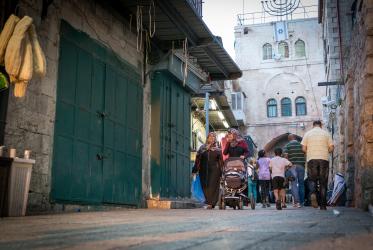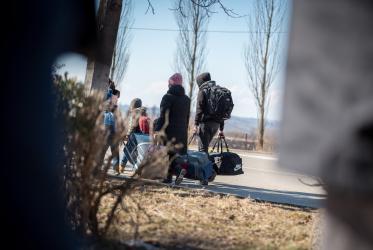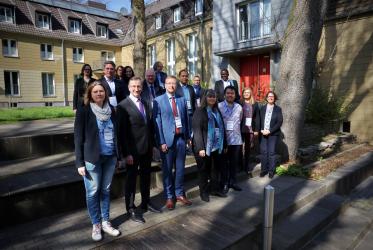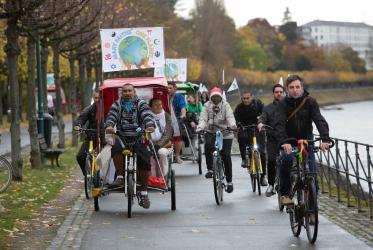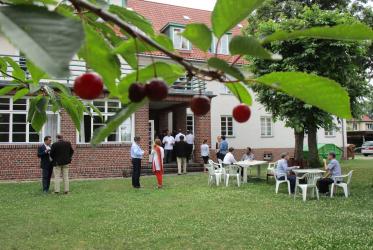Displaying 1 - 20 of 37
11 September 2023
Ukraine: Responding to humanitarian need
08 September 2022
Dr Abuom reflects on women of faith as healers of creation
05 October 2021
All pilgrim routes lead to COP24
11 December 2018
Global church leaders urge COP23 to take action
13 November 2017
A cycling pilgrimage of justice and peace
07 August 2017
G20 summit: call to pray for peace in Hamburg
07 July 2017
Do we need an ecological reformation?
14 June 2017
G7 must address famine
22 May 2017


